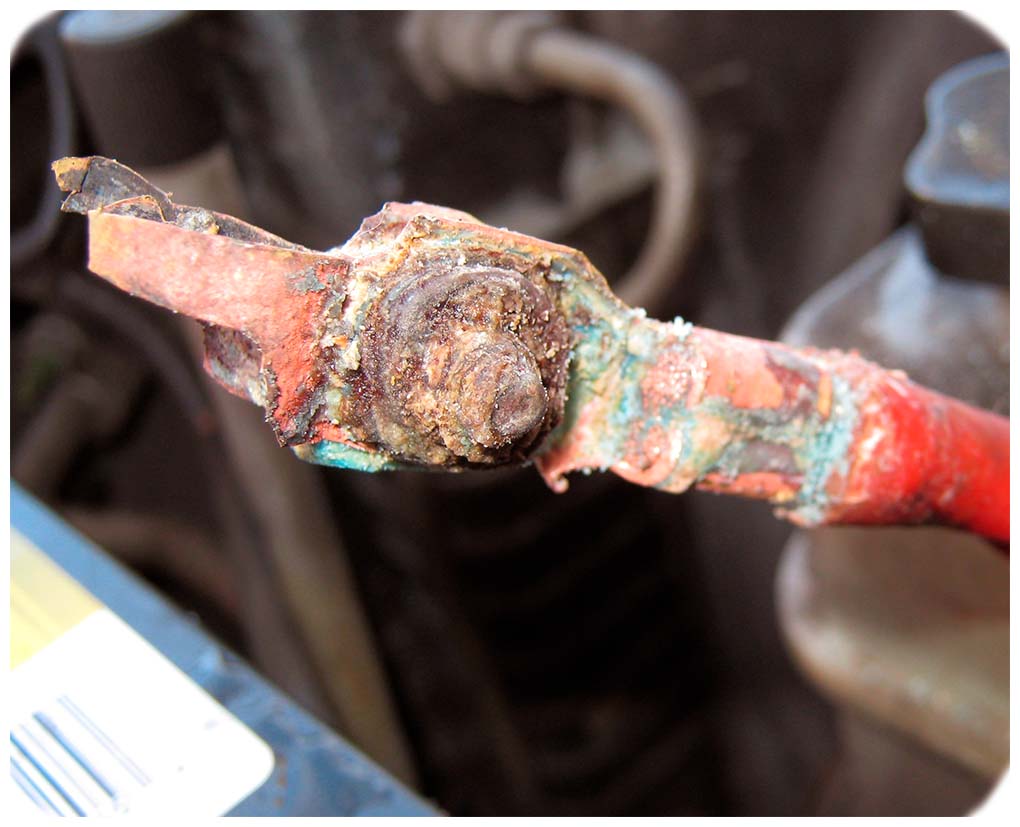The Dodge Dakota is a mid-size pickup truck that has been around since 1987. It is a reliable vehicle, but like any other automobile, it can have its fair share of starting problems. In this article, we will look at some of the common causes of starting issues and how you can solve them. Also see here the best Dodge Dakota Tonneau Covers & Bed Covers. Enhance your truck’s look and utility with our top picks, offering superior protection and durability.
Common Causes of Starting Problems in a Dodge Dakota
There are several common causes of starting problems in a Dodge Dakota. Here are some potential culprits to consider:
-
Weak/Dead Battery: One of the most common causes of a non-starting engine is a weak or dead battery. A simple way to check if your battery is weak or dead is to use a voltmeter to measure the voltage output when the engine isn’t running. If it’s below 12 volts, then the battery needs to be replaced. If it’s above 12 volts, then you should check other possible causes for the non-start issue before deciding if you need to replace the battery or not.
-
Faulty Starter Motor or Solenoid: The starter motor helps turn over an engine and get it started while the solenoid helps engage and disengage it from the flywheel so that it doesn’t remain engaged all the time while driving (which would cause major damage). There’s not much that can be done to repair the starter motor or solenoid and they should be replaced if faulty.
-
Dirty/Corroded Battery Terminals: Dirty or corroded battery terminals can cause all kinds of electrical problems, including starting issues. Clean them off with a wire brush and use a terminal cleaner to remove any corrosion buildup before re-attaching them to the battery posts.
-
Faulty Ignition Switch or Wiring Problems: If the ignition switch isn’t working properly, then it can prevent the engine from starting up. Check for any visible signs of damage on the wiring and replace the switch if needed.
-
Corroded Fuel Injectors Failing to Fire: Corroded fuel injectors are one of the most common causes for non-starting engines in Dodge Dakotas as they can fail over time due to lack of maintenance or dirty fuel being used in them. Cleaning the injectors with a specialized cleaner is usually sufficient for a temporary fix, but they may need to be replaced if this doesn’t work to ensure reliable performance again.
-
Clogged Air Filter Affecting Engine Efficiency: A clogged air filter can prevent air from entering the engine, which will make it difficult for the engine to start up. Check your air filter regularly and replace it when necessary.
-
Faulty Alternator Not Charging the Battery: A failing alternator won’t charge the battery, which in turn will cause starting problems. Testing the output of the alternator with a voltmeter should tell you if it’s faulty or not.
-
Malfunctioning Fuel Pump Not Delivering Gasoline: If your Dodge Dakota won’t start, you should check that fuel is being supplied to the engine by inspecting (and possibly replacing) your fuel pump assembly.
-
Electronic Control Module (ECM) Issues: In some cases, there may be an issue with the ECM preventing the engine from starting up properly. Suspect this if all other possibilities have been ruled out and take it to a mechanic for further diagnosis and repairs if needed.
Troubleshooting Steps for Diagnosing a Non-starting Problem
When diagnosing a non-starting problem on your Dodge Dakota, there are several steps you can take to narrow down potential causes:
-
Test the voltage output of the battery with a voltmeter – If it below 12 volts then the battery needs to be replaced.
-
Check the starter motor/solenoid for signs of damage or corrosion.
-
Clean off any dirt/corrosion on battery terminals.
-
Inspect the ignition switch and wiring for damage or loose connections.
-
Clean fuel injectors if necessary.
-
Check the air filter and replace it if needed.
-
Test the voltage output of the alternator with a voltmeter to make sure it is charging the battery properly.
-
Inspect the fuel pump assembly and replace it if necessary.
-
Have a mechanic inspect the ECM for any issues that could be causing starting problems.
Conclusion
The Dodge Dakota is a reliable vehicle, but like any other automobile, it can have its fair share of starting problems. Common causes include a weak or dead battery, faulty starter motor or solenoid, dirty/corroded battery terminals, faulty ignition switch or wiring problems, corroded fuel injectors failing to fire, clogged air filter affecting engine efficiency, faulty alternator not charging the battery, malfunctioning fuel pump not delivering gasoline and electronic control module (ECM) issues. By following the steps outlined in this article you should be able to diagnose and solve any starting problems your Dodge Dakota may be having.


 Dirty/Corroded Battery Terminals: Dirty or corroded battery terminals can cause all kinds of electrical problems, including starting issues. Clean them off with a wire brush and use a terminal cleaner to remove any corrosion buildup before re-attaching them to the battery posts.
Dirty/Corroded Battery Terminals: Dirty or corroded battery terminals can cause all kinds of electrical problems, including starting issues. Clean them off with a wire brush and use a terminal cleaner to remove any corrosion buildup before re-attaching them to the battery posts.
Add Comment